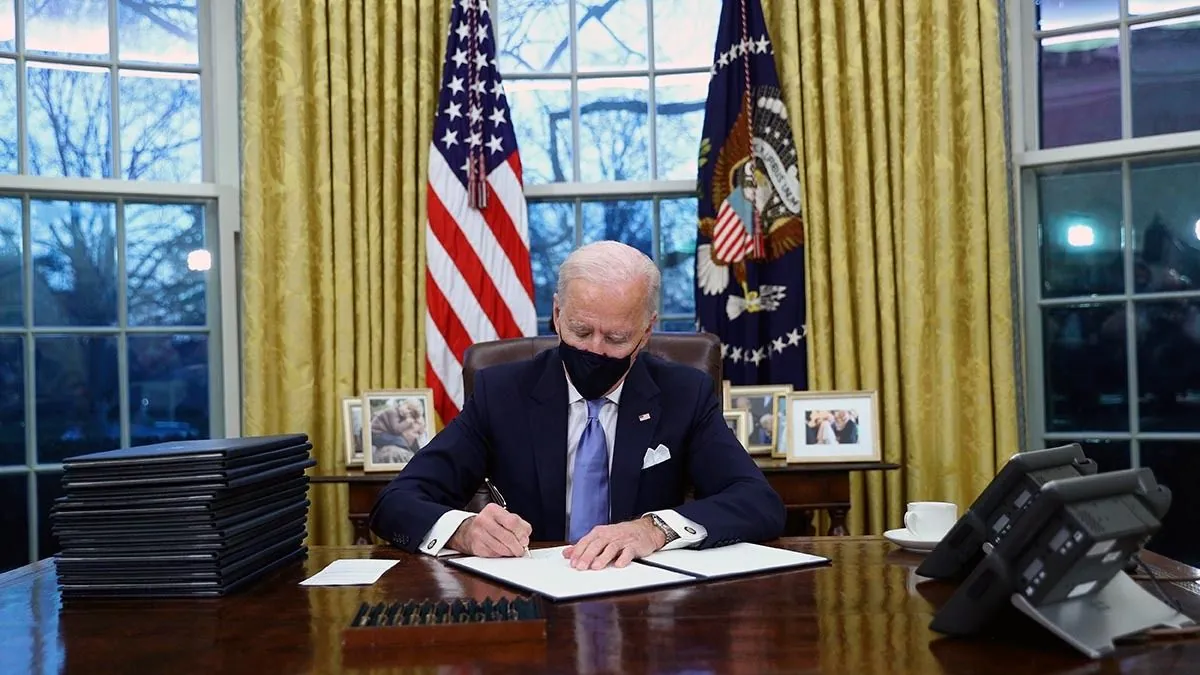The Biden administration has ushered in a new era of U.S. trade policy, embracing protectionism and tariffs in a stark departure from decades of Democratic free trade advocacy. This shift, primarily driven by concerns over China's growing economic and military influence, represents a fundamental change in America's approach to global commerce.
President Joe Biden's decision to maintain and expand tariffs on Chinese imports marks a significant break from his predecessors. Unlike John F. Kennedy, who in 1962 championed the Trade Expansion Act to reduce tariffs and counter Soviet influence, Biden has argued that trade protection is essential for competing with China.
This policy shift reflects broader changes in U.S. economic thinking. The era of hyperglobalization, which saw global trade increase by 60% between 1990 and 2010, has given way to growing protectionism. Policymakers now prioritize domestic manufacturing and economic security over the traditional benefits of free trade, such as lower consumer prices.
The administration's approach has been shaped by internal debates and evolving perspectives. Treasury Secretary Janet Yellen, once a proponent of tariff reduction, has come to support protective measures. National Security Advisor Jake Sullivan, who previously advocated for the Trans-Pacific Partnership, now argues for integrating trade policy into a broader economic strategy.
Biden's team has implemented several key policies:
- Maintaining Trump-era tariffs on Chinese goods
- Introducing new 100% tariffs on Chinese electric vehicles
- Doubling tariffs to 50% on Chinese semiconductors and solar cells
- Approving up to $600 billion in subsidies for domestic high-tech manufacturing
These actions aim to bolster U.S. industries deemed critical for economic and national security. However, they also risk increasing costs for consumers and potentially sparking retaliatory measures from trading partners.
"In today's world, trade policy needs to be about more than tariff reduction. Trade policy needs to be fully integrated into our economic strategy, at home and abroad."
The shift towards protectionism is likely to continue regardless of the outcome of the next presidential election. Donald Trump has pledged even steeper tariffs if re-elected, while Kamala Harris has expressed support for "targeted and strategic tariffs" to support American workers.
This new approach to trade policy represents a significant departure from the post-World War II consensus on free trade. As the U.S. grapples with China's economic challenge and seeks to rebuild domestic manufacturing capabilities, the impacts of this protectionist turn will be felt both at home and abroad for years to come.
